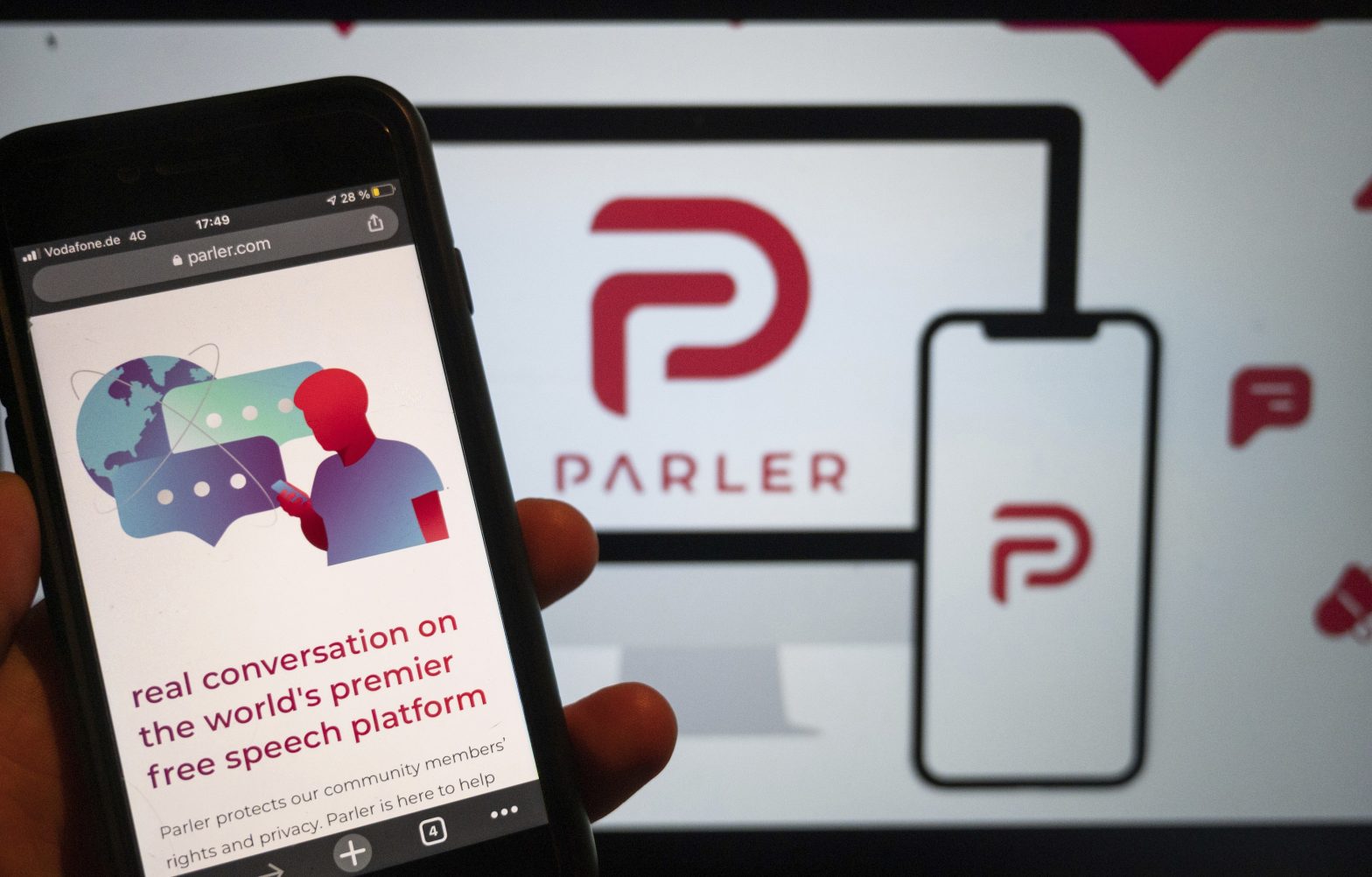No Shortage of Competition in Social Media, Just Ask Newly Created Conservative Platforms
COMMENTARY

Last month, Twitter banned Rep. Marjorie Taylor Greene’s personal account for spreading COVID-19 misinformation. In a statement posted on GETTR, Greene called on conservatives to “leave Twitter now.”
At a time when many Republicans are decrying the “monopoly” power of social media platforms, the irony is that Greene’s followers have so many options for where to go.
There’s GETTR, where the biggest MAGA lawmakers, from GOP Conference Chair Elise Stefanik, R-N.Y., to Freedom Caucus Founding Member Rep. Jim Jordan, R-Ohio, regularly post conservative content. There’s Gab, where Greene herself regularly posts. There’s Parler, which raised $20 million in January to grow its platform. And Rumble, and MeWe — the list goes on.
Every one of these options has trumpeted a “free speech” approach to social media with little to no content moderation. While the result is often a cesspool of hate and disinformation, the fact remains that there is no shortage of these sites.
If you’re a conservative in search of a friendly social platform, you have a full menu of options. So what “monopoly” are conservatives sounding off about?
On the contrary, these conservative platforms are seeing substantial user growth.
Launched just last year, GETTR surpassed 1 million users in its first few days — a feat that took Twitter two years to accomplish. And even outside of the Beltway, it’s grabbed the attention of other influential conservatives. Celebrity podcast host Joe Rogan recently announced his new GETTR account, followed by a reported flood of new accounts after Rogan joined. To date, the platform claims to host over 4 million users.
And new entrants are still making their debut in the industry. In a few months, former President Donald Trump plans to launch his own social platform, Truth Social, a project that has raised $1 billion from funders.
If the big social media platforms were really monopolies, why would investors, conservative policymakers and former presidents launch competing platforms only to be doomed?
The fact is, this whole song and dance is nothing new. Conservatives long have cried censorship in an effort to work the refs at major social media companies.
Just look at outspoken critics, like Congressman Ken Buck, R-Colo., who pointed to Marjorie Taylor Greene’s ban from Twitter, or Rand Paul’s voluntary exit from YouTube, as a reason for antitrust action that would supposedly help make room for conservative speech online.
Perhaps the biggest irony is that anti-monopoly legislation making its way through Congress right now would strike a major blow against content moderation on the largest social media platforms.
As analyzed by the public interest organization Free Press, the American Innovation and Choice Online Act would make it illegal for covered platforms to discriminate in the application or enforcement of their terms of service among “similarly situated business users.”
Let’s break down what that means.
Under the bill, Amazon might be prohibited from taking down anti-vaccine documentaries on their platform without removing an enormous swath of documentaries from “similarly situated businesses.”
Or, turning back the clock to Jan. 6, Apple might not have been allowed to suspend Parler for an explosion in militant, insurrectionist activity on their app.
At a recent legislative markup, Sen. Alex Padilla, D-Calif., called the bill “a gift to bad actors seeking to prevent platforms from blocking business users that peddle hate speech or election disinformation.”
On the other hand, Sen. Ted Cruz, R-Texas, who has a long history of defending hate speech, praised the antitrust legislation for making “some positive improvement on the problem of censorship.”
For everyday consumers who want to build safer, healthier communities online, this kind of legislation would be a disaster.
When it comes to Republicans’ antitrust claims about social media sites, Democrats shouldn’t take the bait.
There’s important work to be done in tech regulation this year — from tackling growing cyber threats to protecting user privacy — but if Congress spends its time chasing non-existent social media “monopolies,” the biggest beneficiaries won’t be consumers; it will be the MAGA social networking upstarts.
Adam Kovacevich is CEO and founder of the Chamber of Progress, a new center-left tech industry policy coalition promoting technology’s progressive future. Chamber of Progress corporate partners include Amazon, Apple, Google and Facebook. You can reach the Chamber of Progress here and follow Adam on Twitter @adamkovac























